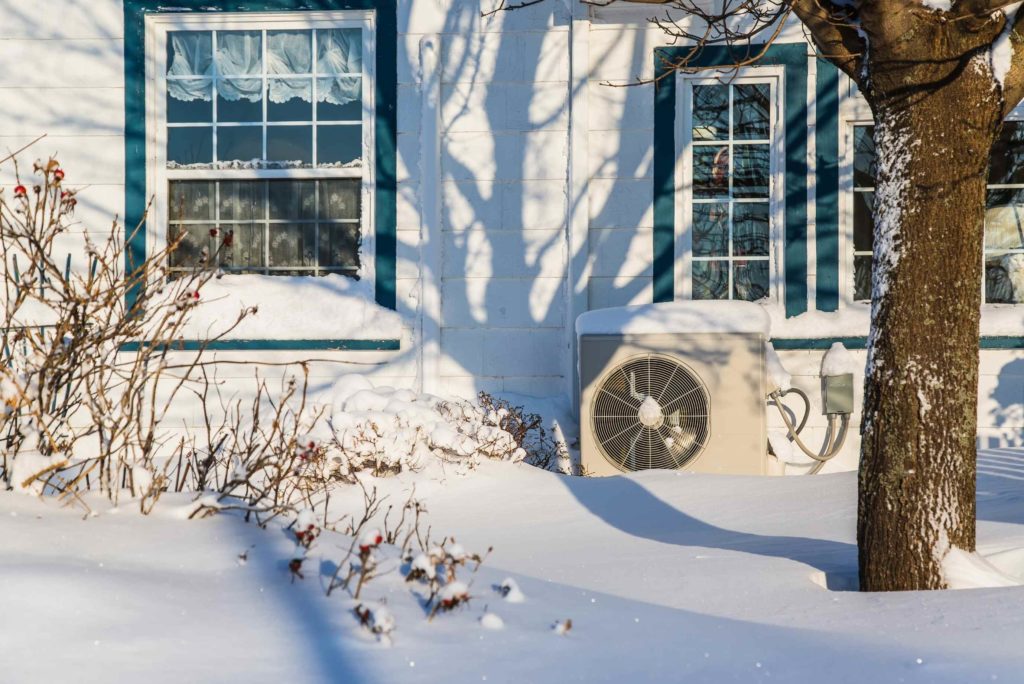
Choosing a heat pump that is right for your home can become confusing without the proper information. Three of the options available in the heat pump market are air-source, split-ductless, and geothermal systems. Each kind of heat pump has its own set of advantages and disadvantages. To wade through the choices and find the heat pump that works best for your situation, it’s best to speak with a heating and cooling specialist as it’s important to understand the differences between the available types.
Air-Source Systems
Some people refer to air-source systems as air-to-air systems because they operate by moving the air from outside to inside and vice versa.
While old systems were not able to operate in extreme cold temperatures, new high-efficiency models have the ability to operate in all seasons. With heat in the winter and air conditioning in the summer, they can provide the perfect temperature 365 days a year while providing savings on energy bills through energy-efficient operation.
Split-Ductless Systems
A split-ductless system is composed of two main parts—at least one (up to four) indoor air handlers and one outdoor compressor/condenser. The interior portion of these units can be installed on the ceiling or high on a wall (but lower is an option, too). Each indoor part has an internal thermostat that you adjust with a remote control.
These systems are also sometimes called ductless mini-split systems because their components are typically about the size of small luggage. Since there is no ductwork involved, these units are good for retrofitting an older home or placing in a new addition to a home. These work by moving refrigerant through a tube that connects the interior to the exterior via a three-inch hole in the exterior wall.
Geothermal Systems
Geothermal systems operate by transferring heat between the ground or a nearby source of water and your home. For this reason, they are sometimes called water-source or ground-source heat pumps. The operating costs for these units tend to be relatively low because they use consistent heat from the ground or water to operate. Energy costs can be lowered by up to 60% with these units.
The condition of the subsoil around your home as well as the size of your lot and landscaping will help to determine if a geothermal system is appropriate for your home. These units, function well under extreme temperature conditions, even more efficiently than mini-splits.
Generous Mass Save® Rebates up to $10,000
The sponsors of Mass Save just launched a new incentive for 2023 to offset the cost of heat pumps. When you convert your home’s existing heating and cooling system to one run entirely on ductless mini-splits, you can get back up to $10,000 off the total cost.
To qualify, sign-up for a no-cost home energy assessment where you’ll learn about additional energy saving incentives, such as 75-100% off the cost of insulating your home.
Ductless Mini-Split Is A Great Heating & Cooling Solution
When it’s time to replace your heating and cooling unit, you’ll want to take a look at ductless mini-split heat pumps. They are easy to install and energy efficient, saving you money on energy costs. Best of all, the Mass Save incentives could reduce the cost with rebates up to $10,000. Upgrade your home heating & cooling today.
